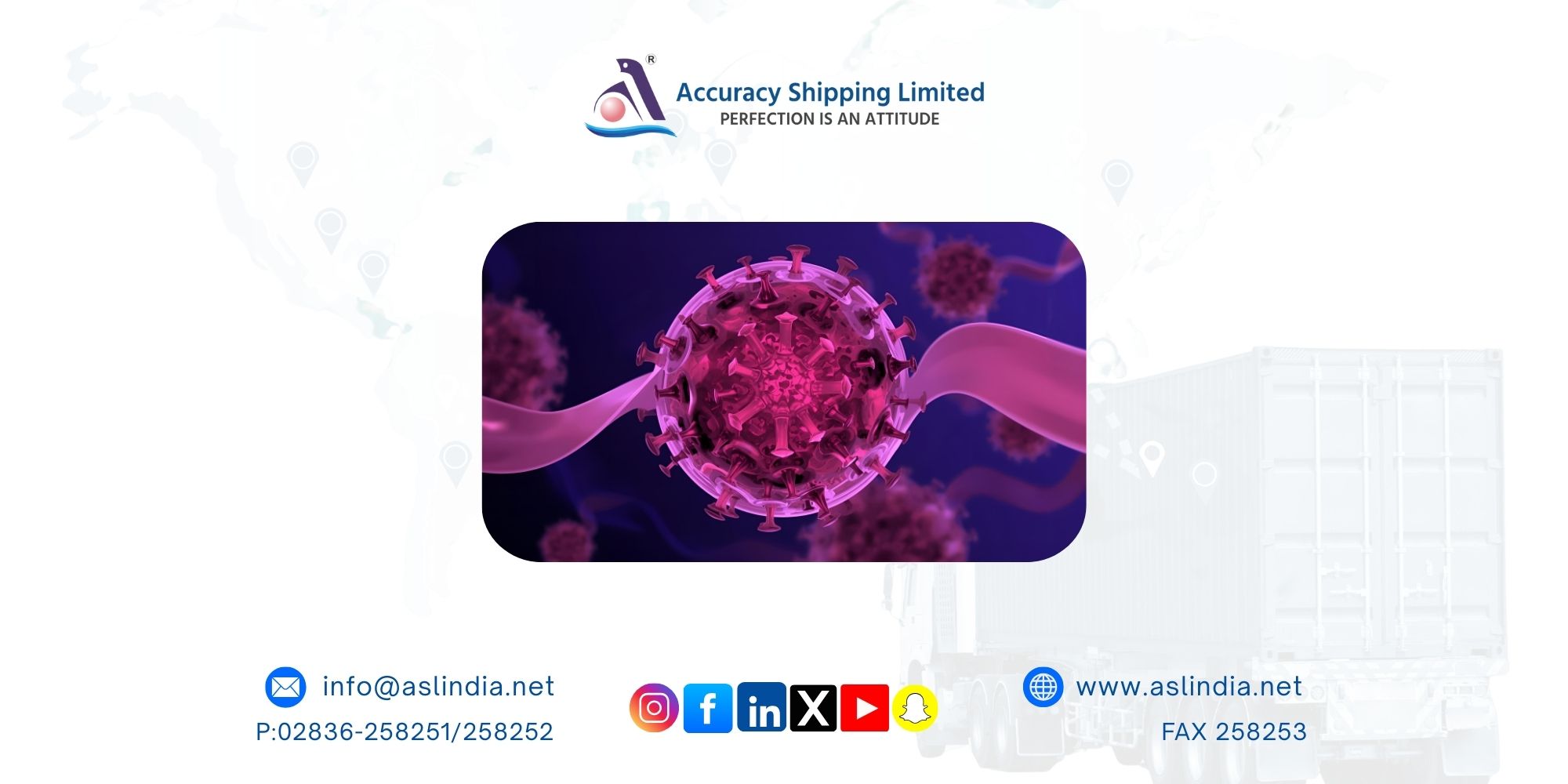Early intervention, greater awareness key to reducing the burden of cancer, say experts

Cancer continues to pose one of the biggest health challenges in India, but experts believe that the right awareness and early intervention can significantly reduce its burden. This was the central theme at an oncology awareness workshop held in the city on Wednesday, where specialists urged for timely detection, better information flow, and stronger community participation in the fight against cancer.
Importance of early detection
Premkumar Devdoss, Head of Medical Oncology at Omandurar Super Speciality Medical College, underlined the crucial role of family doctors and general physicians in spotting the first signs of cancer. “Prompt reference is essential because early intervention assures recovery, as cancer cells replicate rapidly,” he said. He added that while less toxic and more effective treatment options are now available, awareness about these therapies was not reaching all sections of society.
Need for mass campaigns
Highlighting the often-overlooked risks of oral cancers, Dr. Anitha Ramesh, Medical Oncologist at Apollo Hospitals, called for large-scale education campaigns. She stressed the importance of the medical community taking the lead in spreading awareness about both prevention and treatment. She also pointed out the lack of information about facilities in government hospitals, where many cancer therapies are available free of cost if started in the early stages.
Bridging the gap in diagnosis
Experts also drew attention to underutilised yet effective diagnostic methods such as the faecal immunochemical diagnostic (FID) test for colorectal cancer. This test, which can be performed in any standard laboratory, remains largely unknown to the public, limiting its potential to detect cancer early and save lives.
A collaborative effort
The workshop, supported by knowledge partner Merck, reinforced that reducing India’s cancer burden requires not just advanced treatment options but also an ecosystem that ensures timely referrals, accessible diagnostics, and mass education. Experts concluded that awareness must go hand in hand with intervention, making early detection a community-wide responsibility.







